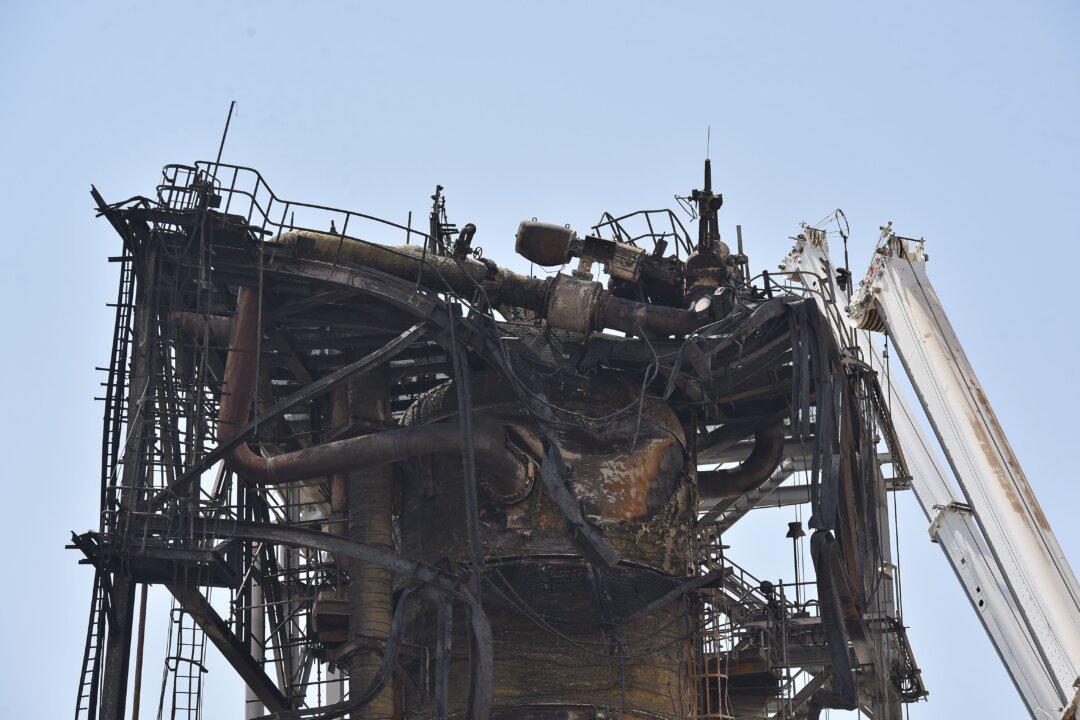The United States sanctioned Iran’s central bank and sovereign fund on Sept. 20 in response to the drone strikes on oil facilities in Saudi Arabia, which Washington and Riyadh blame on Tehran.
According to the U.S. Department of the Treasury, the Central Bank of Iran and the National Development Fund of Iran have funneled billions of dollars in funding to the Islamic Revolutionary Guard Corps and Hezbollah, both of which are designated by the United States as foreign terrorist groups.





